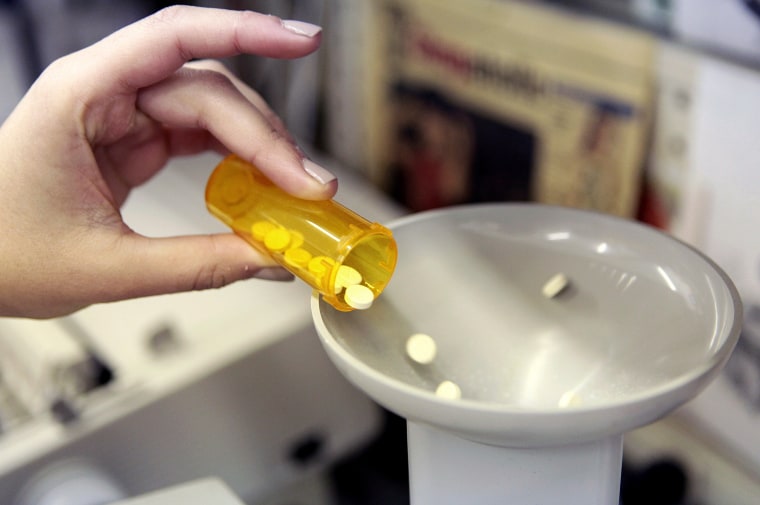Axios had an item this morning on rising drug prices that, at first blush, doesn't seem especially unusual. After all, the rising costs of medicines isn't exactly new.
But there's a political subtext to this that shouldn't go unnoticed.
A handful of drug companies rang in 2018 with price hikes that easily surpass inflation but stay conspicuously below double digits, my colleague Bob Herman reports. Investment banks Jefferies and Cowen highlighted some of the big ones:AbbVie's blockbuster Humira: 9.7%Amgen's arthritis medicine Enbrel: 9.7%Allergan's dry eye drug Restasis: 9.5%Insys Therapeutics' opioid spray Subsys: 9.5%Biogen's multiple sclerosis drug Tecfidera: 8%
The piece added that prices are expected to continue to rise, and according to the investment banks' analyses, there's "almost no chance U.S. drug price controls will occur in the next three years."
Again, none of this is especially surprising. What is surprising is the fact that the political world has largely forgotten about Donald Trump's promise to tackle this issue head on -- a vow that quietly fell down the memory hole.
As regular readers may recall, one of the few key areas on which Donald Trump broke with Republican Party orthodoxy was lowering prices on prescription drugs. In fact, shortly before taking office, he complained bitterly about the pharmaceutical industry’s powerful lobbyists, and said drug companies are “getting away with murder.”
The president has even accused the drug industry of corruption, arguing that pharmaceutical companies contribute “massive amounts of money” to politicians as part of a scheme to keep the cost of medicines higher.
So what happened? First, Trump reversed course on using the government’s buying power to lower costs. Second, the White House crafted a policy on drug prices that gave the pharmaceutical industry "much of what it has asked for.”
And third, the president decided to put Eli Lilly’s former president in charge of the Department of Health and Human Services, cementing Trump's role as a key ally of drug makers.
On the list of Trump's broken promises, this is one that American consumers probably ought to be especially upset about.
